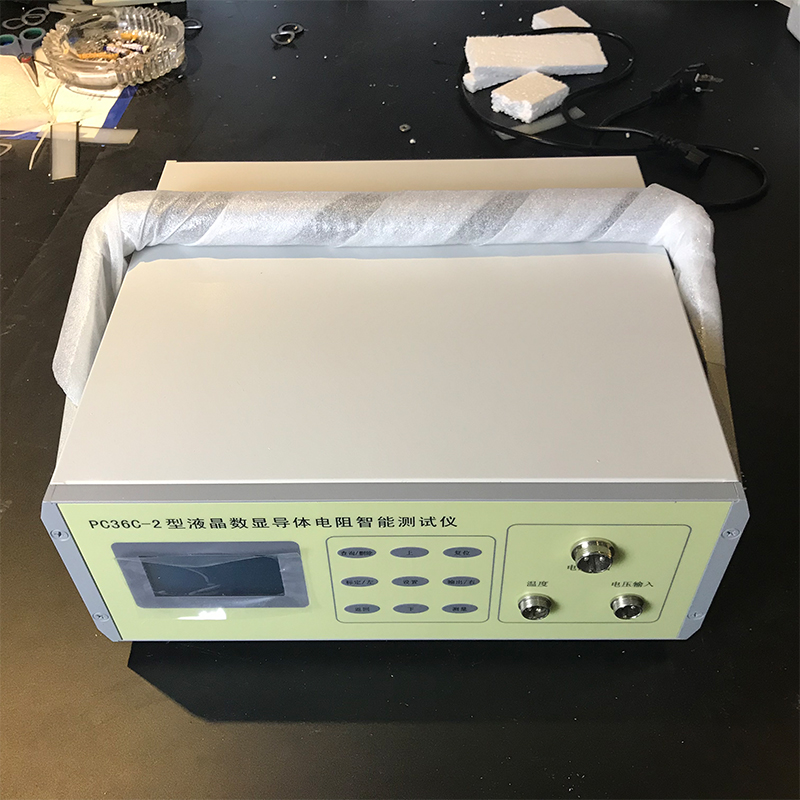Smoke Density Test Equipment Supplier for Accurate Measurement Solutions
Understanding Smoke Density Test Machines Key Attributes and Export Considerations
In the realm of safety testing and environmental monitoring, the importance of smoke density test machines cannot be overstated. These specialized machines are designed to measure the amount of smoke produced during combustion processes, particularly in materials like textiles, plastics, and building components. As industries become more conscious of safety and regulatory compliance, the demand for high-quality smoke density test machines has surged globally, leading to increased export opportunities for manufacturers.
What is a Smoke Density Test Machine?
A smoke density test machine is an apparatus used to evaluate the smoke emissions from various materials when subjected to fire. The primary purpose of this testing is to assess smoke generation rates and determine how those rates relate to potential hazards in real-world fire scenarios. The testing can take place under controlled laboratory conditions, following established standards such as ASTM E662 or ISO 5659, which dictate the parameters for measuring smoke density.
The machine typically operates by burning a standardized sample of the material in a ventilated chamber. The smoke produced is collected and its density measured using photometric methods or light transmittance techniques. The results help engineers and safety professionals understand how much smoke a given material is likely to produce—crucial data when designing fire safety protocols and regulations.
Key Features of Smoke Density Test Machines
1. Precision Measurement Modern smoke density test machines are equipped with advanced sensors and cameras that ensure accurate and repeatable measurements of smoke density. Precision is critical because even minor variations can significantly impact safety assessments.
2. User-Friendly Interface Many machines come with intuitive software that allows operators to easily set up tests, monitor real-time data, and generate comprehensive reports. This aspect enhances usability, reducing the chance of human error during testing.
3. Safety Features Given that the machines involve testing materials under flame conditions, robust safety measures are vital. Features like automatic shut-off mechanisms, exhaust systems to vent smoke, and fire suppression systems are essential for protecting operators and the environment.
4. Customizability Depending on the requirements of specific industries, many smoke density test machines can be customized to accommodate a variety of materials and testing standards. This versatility can enhance a manufacturer’s ability to meet diverse client needs.
smoke density test machine exporter

Export Market Considerations
Manufacturers looking to export smoke density test machines must navigate a series of considerations
1. Regulatory Compliance Different countries have varying regulations regarding safety testing equipment. Understanding these regulations is crucial to ensure that the machines meet local standards, which facilitates smoother export operations.
2. Market Research Identifying key markets for exporting smoke density test machines is essential. Regions with stringent fire safety regulations, such as North America and Europe, often present lucrative opportunities for suppliers of these testing machines.
3. Quality Assurance Maintaining high-quality manufacturing standards is critical, not only for compliance but also for building a reputation in export markets. Many buyers will demand certifications like ISO 9001 as a guarantee of quality.
4. After-Sales Support Offering reliable after-sales support, including servicing and maintenance options, can make a significant difference in winning contracts abroad. Establishing a presence, such as local partnerships or service centers, can enhance customer trust and improve export sales prospects.
5. Logistics Planning efficient logistics for transporting heavy machinery across borders is a vital aspect of the export process. This includes understanding shipping regulations, taxes and tariffs, and maintaining communication with freight forwarders.
Conclusion
The global market for smoke density test machines is expanding rapidly as safety regulations become increasingly stringent and industries prioritize fire safety. Manufacturers looking to enter or enhance their presence in this market should focus on producing high-quality equipment that complies with international standards while also providing excellent customer service and support.
As industries worldwide work towards safer environments, investment in advanced smoke density test machines equips companies with the tools needed to meet today’s safety standards. Thus, fostering a culture of safety not only enhances compliance but also drives innovation in testing technologies.
-
Why the Conductor Resistance Constant Temperature Measurement Machine Redefines Precision
NewsJun.20,2025
-
Reliable Testing Starts Here: Why the High Insulation Resistance Measuring Instrument Is a Must-Have
NewsJun.20,2025
-
Flexible Cable Flexing Test Equipment: The Precision Standard for Cable Durability and Performance Testing
NewsJun.20,2025
-
Digital Measurement Projector: Precision Visualization for Modern Manufacturing
NewsJun.20,2025
-
Computer Control Electronic Tensile Tester: Precision and Power for the Modern Metal Industry
NewsJun.20,2025
-
Cable Spark Tester: Your Ultimate Insulation Assurance for Wire and Cable Testing
NewsJun.20,2025
 Copyright © 2025 Hebei Fangyuan Instrument & Equipment Co.,Ltd. All Rights Reserved. Sitemap | Privacy Policy
Copyright © 2025 Hebei Fangyuan Instrument & Equipment Co.,Ltd. All Rights Reserved. Sitemap | Privacy Policy
